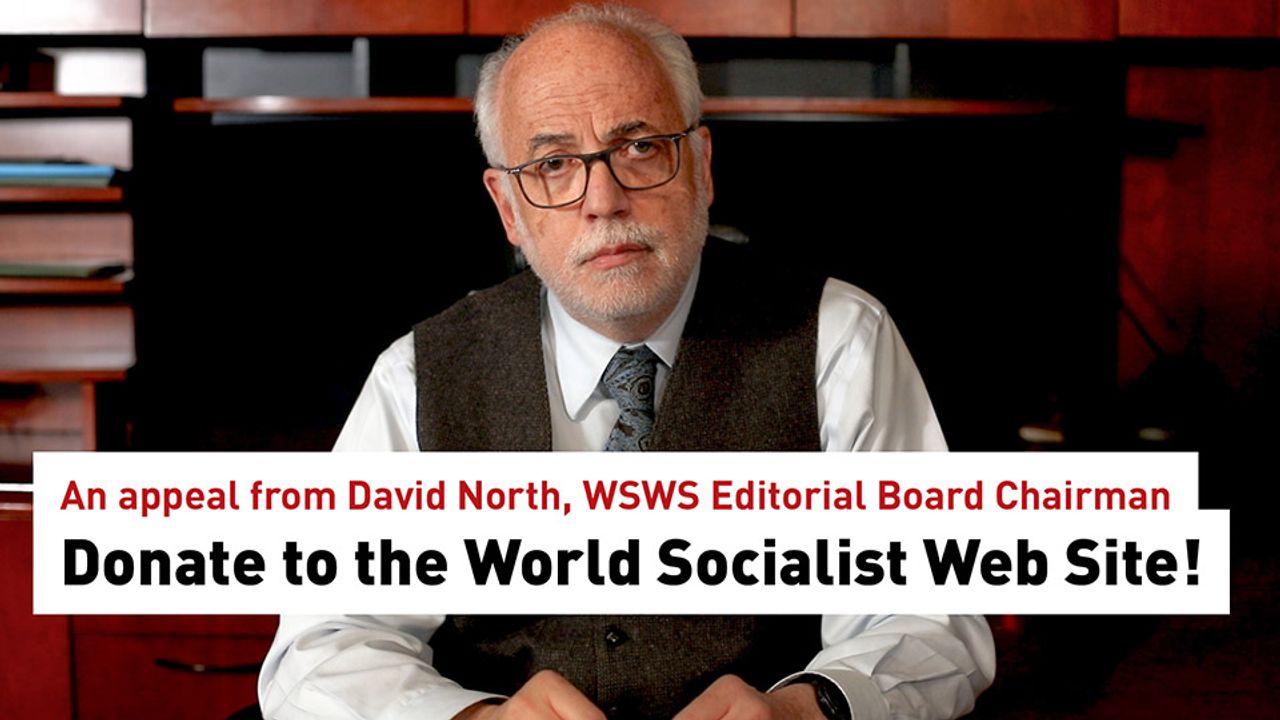Ben McGrath
Japanese authorities last month arrested two activists affiliated with the student organization Zengakuren (All-Japan League of Student Self-Government) for distributing leaflets in July at Tōyō University, a private campus. The pair was held for nearly three weeks before being released on November 22 without charges being filed.
Police detained Yōhei Sakube, 27, and Yūichi Utsumi, 38, on November 4 while the two headed to an annual rally at Hibiya Park in Tokyo co-sponsored by various groups, including the Doro-Chiba labor union. Both men joined Zengakuren as university students and have had a history of arrests over the years for similar actions.
The leaflets Sakube and Utsumi handed out encouraged students to attend a then-upcoming rally. That the police waited until the day of the Hibiya Park demonstration points to two things. First, the police used the arrests to intimidate other attendants of the rally and to make clear that their organizations are under state surveillance. Second, this was part of a crackdown on left-wing activists, demonstrating the fear in the ruling class that their messages will gain a hearing among students and other disaffected layers of society.
There has been a stepped-up campaign in recent years by the government to suppress oppositional speech. The Japanese ruling elite is well aware of widespread hostility within the working class and youth to remilitarization and attacks on social conditions. It does not want a repeat of the summer of 2015, which saw mass protests around the country to denounce military legislation allowing Japan to take part in wars overseas alongside an ally.
While the Democrats and the Japanese Communist Party politically contained these demonstrations, a renewal of protests could spiral out of the hands of the official “left” parties. The police also conduct raids on university campuses and dormitories to arrest members of groups like Zengakuren. Officials at various universities work with the authorities, expelling activists from Zengakuren and related organizations from their campuses.
This government repression represents a wider danger. During the past five years, the central and local governments have passed new laws, such as the 2013 state secrecy law and the 2017 conspiracy law, that make almost any dissenting political activity illegal, including holding peaceful demonstrations or going on strike.
Prime Minister Shinzo Abe’s government is already engaged in a campaign against free speech, particularly in the media. Last year, UN special rapporteur on freedom of expression David Kaye accused Tokyo of attacking the media over issues like the 2011 Fukushima nuclear disaster and Japan’s actions during World War II, and silencing public debate on these issues.
Kaye’s report stated: “The Special Rapporteur has identified significant worrying signals. The direct and indirect pressure of government officials over media, the limited space for debating some historical events and the increased restrictions on information access based on national security grounds require attention, lest they undermine Japan’s democratic foundations.”
In 2016, three news anchors at different stations, known for their criticism of Abe’s government, were removed from their positions almost simultaneously. Koichi Nakano, a professor of politics at Sofia University, said at the time: “There is plenty of anecdotal evidence that shows that Abe, and [Chief Cabinet Secretary Yoshihide] Suga in particular, have been very active in applying pressure and wining and dining media bosses.”
According to Reporters without Borders (RSF, Reporters Sans Frontières), Japan currently ranks at 67th in press freedom, having fallen from 11th in 2010. In August, the organization stated: “Japanese journalists have complained of a general climate of mistrust and hostility towards them, especially when they are dealing with the government.”
RSF demanded that Tokyo investigate a suspected attack on independent journalist Shunsuke Yamaoka after he was seriously injured in a fall at a Tokyo subway station. Yamaoka, who investigates connections between Abe and the Yakuza, or Japanese mafia, had received threats and believed this was no accident. Police refused to look into the matter, claiming there was no surveillance footage in the area where Yamaoka fell.
In schools, references to Japanese war crimes, including the military’s use of “comfort women” (i.e. sex slaves) and the Rape of Nanjing are being whitewashed or removed altogether. This is bound up with Tokyo’s push to dragoon a new generation of youth into fighting wars of imperialist aggression once more.
The Tokyo Metropolitan Assembly too has approved new laws targeting free speech. In October, Tokyo’s governing body passed an anti-discriminatory speech law to go into effect in April. In March, the Tokyo assembly amended the city’s Anti-Nuisance Ordinance to include the vague term “harassment,” which could be applied to anti-government speech or protests.
The media has promoted this supposed anti-hate speech law as a necessary measure to combat discrimination toward ethnic minorities and people in the LGBT community, both in public places and online. However, the law lacks specific details, so that, for example, an event at a public park could be shut down if alleged hate speech were used.
This raises several issues. What constitutes hate speech? Could denunciations of Abe or other government officials fall into this category? The new law’s coverage of speech online also indicates greater surveillance of the internet.
To silence anti-war demonstrations or similar protests, right-wing groups could create provocations using “hate speech,” thus inviting the police to shut down entire events.
Abe has cultivated and promoted far-right nationalism in Japan, particularly through his association with Nippon Kaigi, which supports a renewal of Japanese militarism and historical revisionism.
There is a long history internationally of laws nominally directed against right-wing and reactionary organizations and individuals being used against the working class. Significantly, the Japanese Communist Party, which is part of the political establishment, backed the “hate speech” law, along with the right-wing nationalist Tomin First no Kai, the leading party in Tokyo’s assembly.

No comments:
Post a Comment